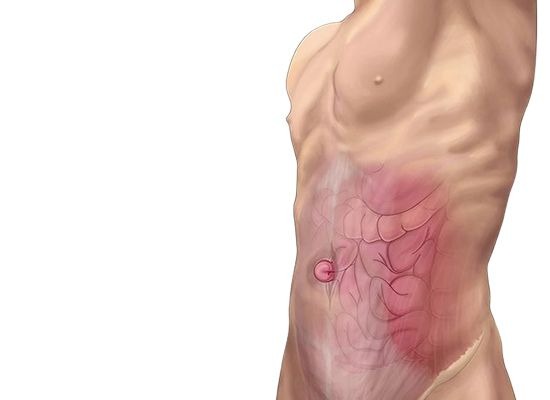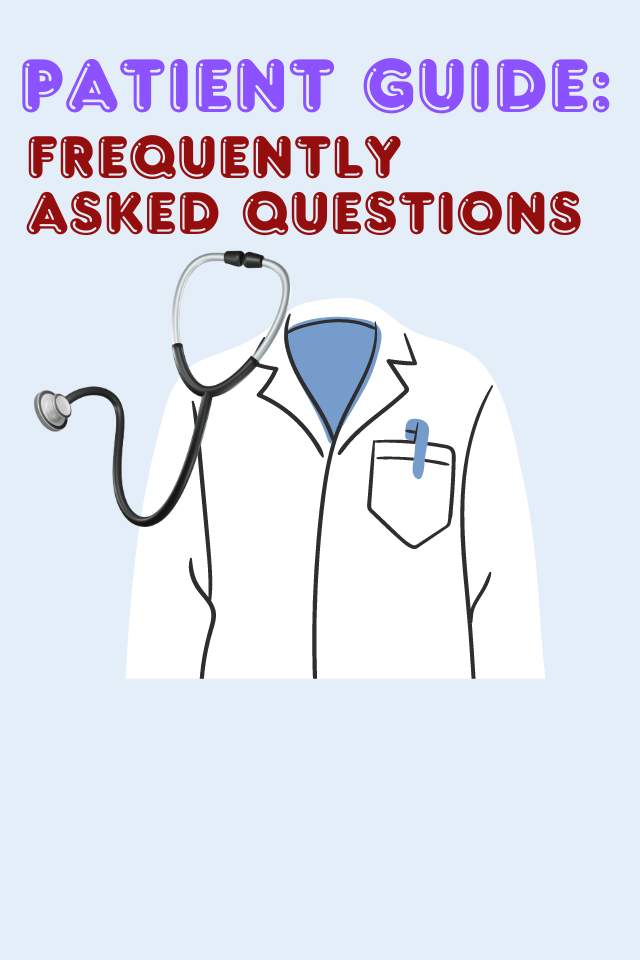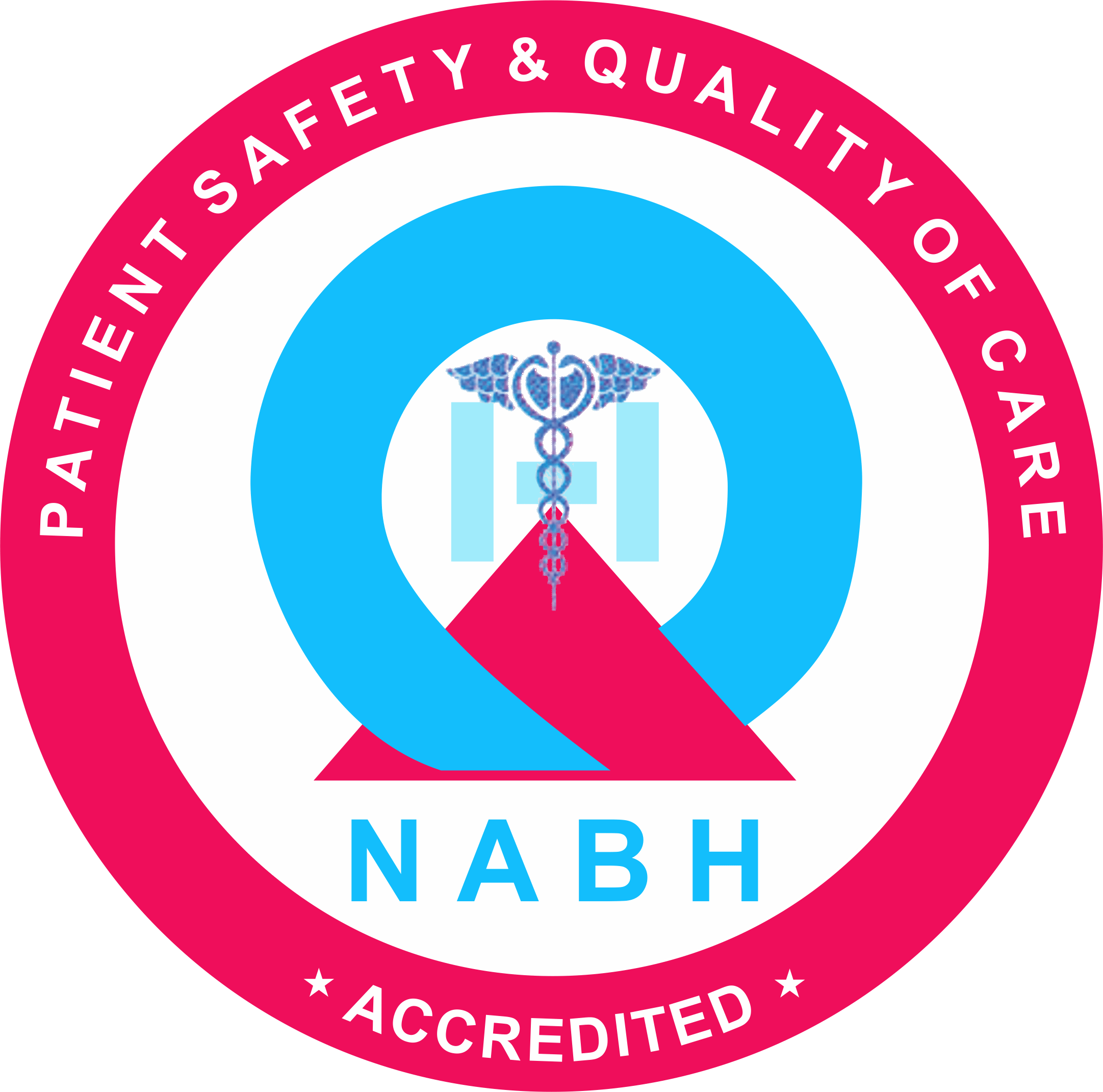General Surgery & Gastrointestinal Surgery
Hernia
Explore diagnosis, treatment options, and recovery plans for hernias with our expert surgical team dedicated to your health.
Hernia
A hernia usually happens in abdomen or groin, when one of your organs pushes through the muscle or tissue that contains it. It may look like an odd bulge that comes and goes during different activities. It may or may not cause symptoms as discomfort or pain. Most hernias will need surgical repair.

Facilities Available
Experience modern healthcare with unparalleled comfort, convenience to ensure the best patient care and satisfaction.
Get a Quotation
Request a personalized quote for your healthcare needs quickly and easily. Contact us today for detailed pricing information.

How common are hernias?
Overall, hernias are common, though some types are more common than others. Inguinal hernias affect around 25% of all men or an individual assigned male at birth. Hiatal hernias affect around 20% of people in the U.S. and 50% over the age of 50. Congenital hernias occur in about 15% of newborns, mostly umbilical. Incisional hernias make up about 10% of hernias, and all other types make up another 10%.
What are the first signs of a hernia?
You may feel a hernia emerge in a precise location when you’re squatting, bending over or exerting yourself.
In your baby, you may see a hernia emerge when they’re crying or pooping, and they may be irritable about it. If the same activity routinely causes the same symptoms, it’s likely a hernia.
What risk factors contribute to getting a hernia?
You may be more likely to acquire or get a hernia if you have:
- A job that involves heavy lifting or many hours of standing.
- A chronic cough or allergies that cause chronic sneezing.
- Chronic constipation and straining to poop or pee.
- A history of abdominal or pelvic surgery.
- Pregnancy, especially repeat pregnancies.
- Chronic obesity (a body mass index, or BMI, greater than 30).
Your child may be more likely to be born with a congenital hernia if they have:
Frequently Asked Questions
Common Questions
The term “sports hernia” is a misnomer, since it’s not actually a hernia. It’s a type of injury that commonly affects athletes, usually in their lower abdomen or groin.
If you have a hernia and aren’t having it repaired, or not yet, you’ll want to try to prevent it from worsening. Your healthcare provider may advise you to adjust your habits or the nature of your work to avoid straining the hernia.
Your healthcare provider will assess how severe it is and how fast it’s likely to progress. Some hernias may not need urgent repair, but for most, they’ll recommend it eventually.
There’s a small risk of surgical complications, such as excessive bleeding, wound infection or reactions to the anesthesia. Some people have difficulty urinating for a short time after surgery.



